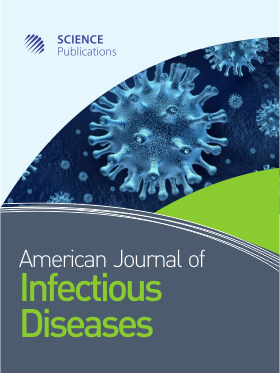Immunopathogenesis of Dengue Hemorrhagic Fever
- 1 National Cheng Kung University, Taiwan
Abstract
Dengue virus infection causes Dengue Fever (DF), Dengue Hemorrhagic Fever (DHF) and Dengue Shock Syndrome (DSS) whose pathogeneses were not clearly understood. A new hypothesis of immunopathogenesis is proposed for the development of the DHF/DSS. An aberrant immune over-activation after dengue virus infection not only impair the immune response to clear the virus, but also result in overproduction of cytokines that affect monocytes, endothelial cells, and hepatocytes, as well as the abnormal production of autoantibodies to platelet and endothelial cells. A molecular mimicry occurs between platelets/endothelial cells and dengue virus antigens. Platelets and endothelial cells are bound by the cross-reactive anti-dengue virus antibodies such as anti-NS1 or anti-prM antibodies. The IFN-γ activated macrophage would phagocytosize the osponized targets. Dengue virus-induced vasculopathy and coagulopathy are involved in the pathogenesis of hemorrhage, and the unbalance between coagulation and fibrinolysis activation increases the likelihood of severe hemorrhage in DHF/DSS. This theory of transient hemophagocytic activity in immunopathogenesis of DHF/DSS can account for specific characteristics of clinical, pathologic, and epidemiological observations in dengue virus infection.
DOI: https://doi.org/10.3844/ajidsp.2008.1.9

- 12,230 Views
- 14,009 Downloads
- 17 Citations
Download
Keywords
- Dengue virus
- ADE
- autoantibody
- macrophage
